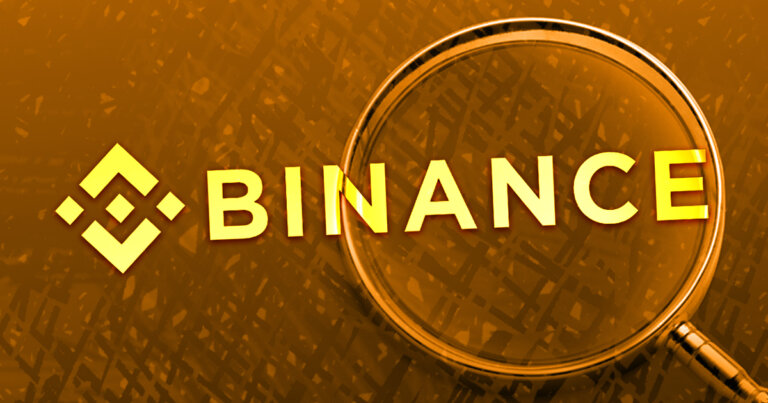 Binance mints almost 50 million TUSD stablecoin; TRU token rises 200%
Binance mints almost 50 million TUSD stablecoin; TRU token rises 200% Binance mints almost 50 million TUSD stablecoin; TRU token rises 200%
The Binance CEO said in a recent AMA that they would be diversifying into other stablecoins.

Cover art/illustration via CryptoSlate. Image includes combined content which may include AI-generated content.
Binance has made good on its recent promise to support the stablecoin ecosystem.
According to a tweet from Whale Alert, on Feb. 16, Binance purchased nearly 50 million, a stablecoin running on the Ethereum blockchain.
The exchange minted nearly 50 million TUSD on Feb. 16.
Following the minting, the TRU token, previously linked to TUSD (but not anymore, per CoinDesk), has risen in the last few hours by 200%, despite its relatively small market cap.
At a market size of $971 million, TUSD is ranked 54 among major cryptocurrencies. However, the move to mint TUSD can be seen as part of Binance’s renewed efforts to support other stablecoins after BUSD’s decline.
Binance has supported TUSD in the past
Interestingly, TUSD was among the stablecoins that Binance introduced an auto conversion for in exchange for BUSD back in September 2022. The exchange cited enhanced liquidity and capital efficiency for users as the reasons for putting all the assets in the BUSD account at that time.
The news comes on the heels of a tumultuous week for stablecoins, notably a shift in dynamics due to recent regulatory scrutiny from the U.S. Securities and Exchange Commission (SEC). After the SEC probe against Paxos and the objection to the issuance of Binance USD (BUSD), traders have been flocking to top stablecoins USDC and USDT.
The types of stablecoins CZ mentioned during his recent AMA
During his recent AMA on Feb. 14, CZ mentioned several types of stablecoins. Stablecoins are a type of cryptocurrency designed to maintain a stable value by being pegged to another asset, such as fiat currencies, commodities, or cryptocurrencies. There are several types of stablecoins, including:
- Fiat-collateralized stablecoins: These are backed by reserves of fiat currencies like the US dollar, euro, or yen. The issuer holds an equivalent amount of the underlying asset to ensure the stablecoin’s value remains fixed to the fiat currency. Examples of fiat-collateralized stablecoins include USDT, USDC, and TUSD.
- Commodity-collateralized stablecoins: These are backed by reserves of a commodity, such as gold or oil. The value of the stablecoin is tied to the value of the underlying commodity. Examples of commodity-collateralized stablecoins include DGX, PAXG, and USDTB.
- Cryptocurrency-collateralized stablecoins: These are backed by reserves of other cryptocurrencies. The value of the stablecoin is tied to the value of the underlying cryptocurrency. Examples of cryptocurrency-collateralized stablecoins include DAI, BitUSD, and USDTT.
- Non-collateralized stablecoins: These are not backed by any reserves but instead rely on algorithms to maintain a stable value. These stablecoins use mechanisms like seigniorage shares, collateralized debt, and price feeds to maintain their value. Examples of non-collateralized stablecoins include Ampleforth and FRAX.







































































































